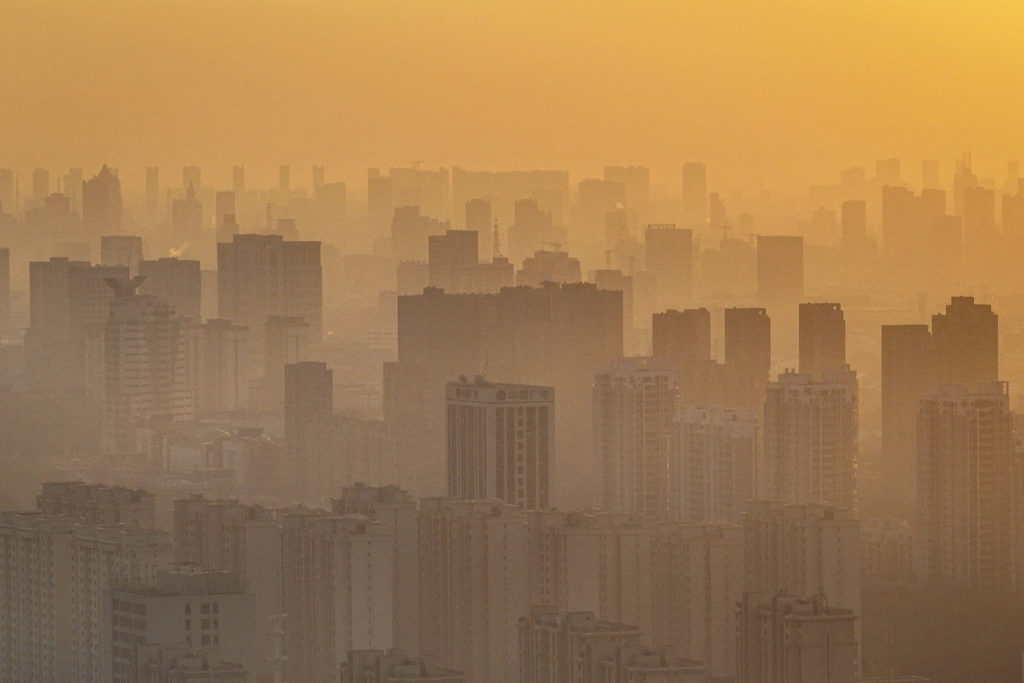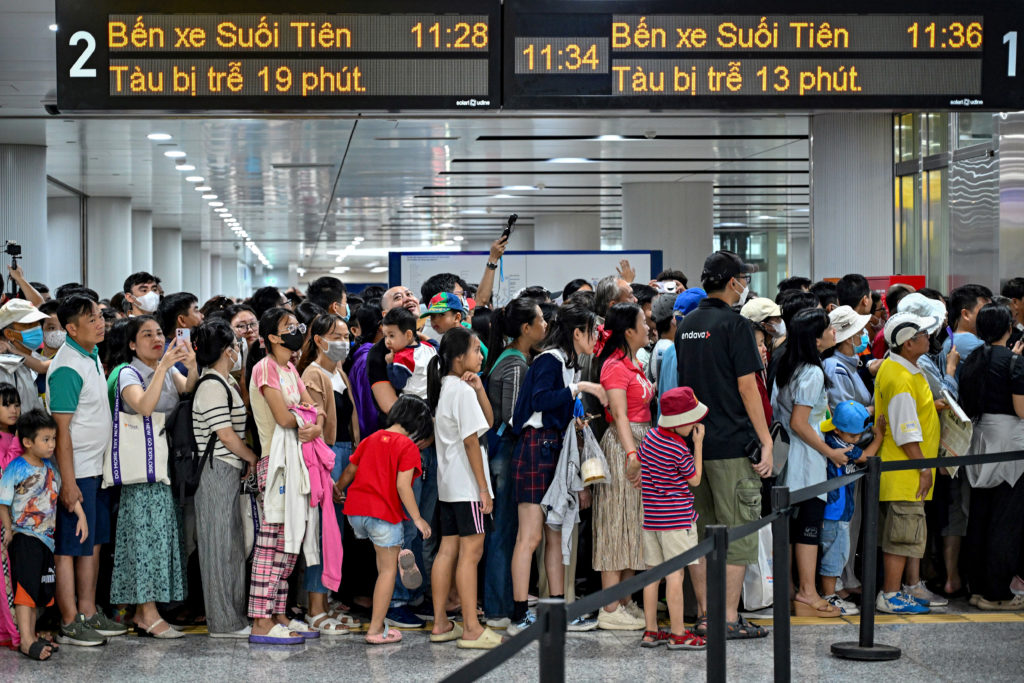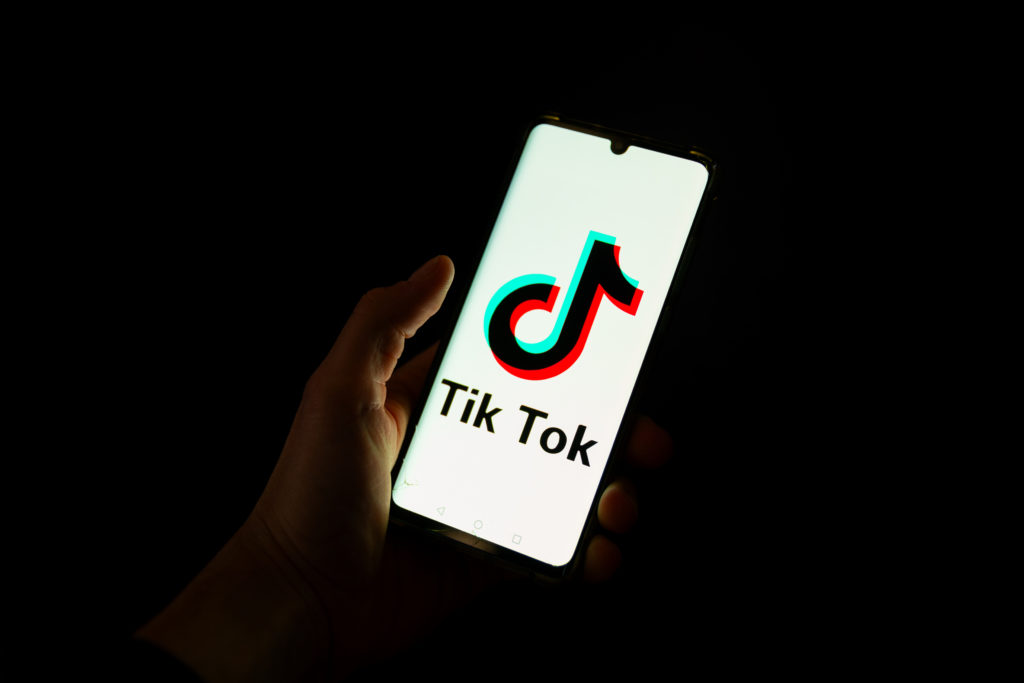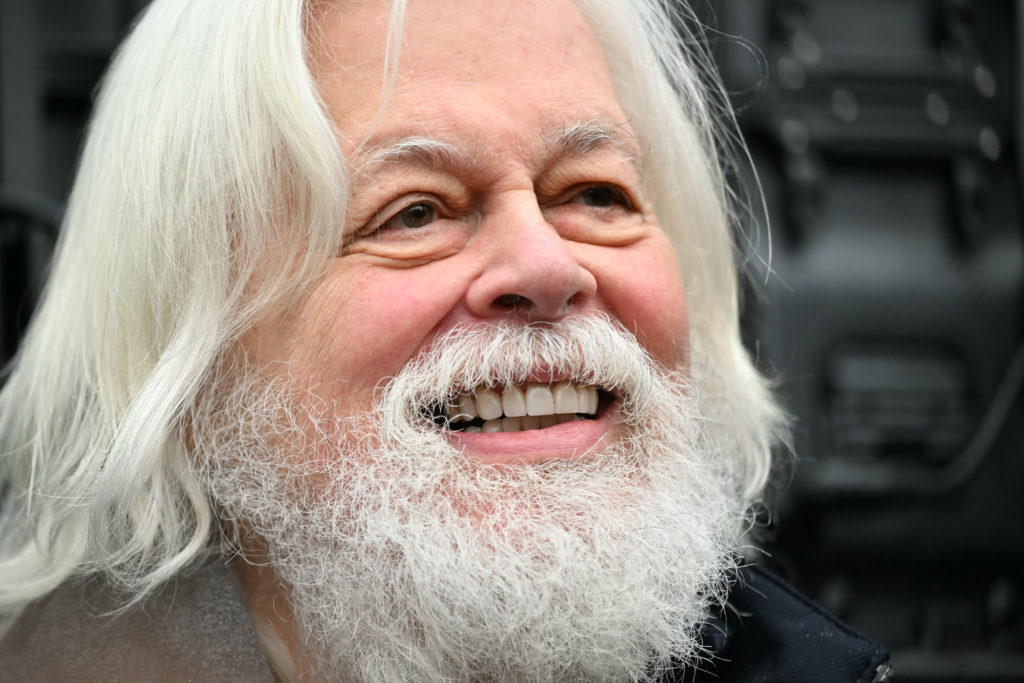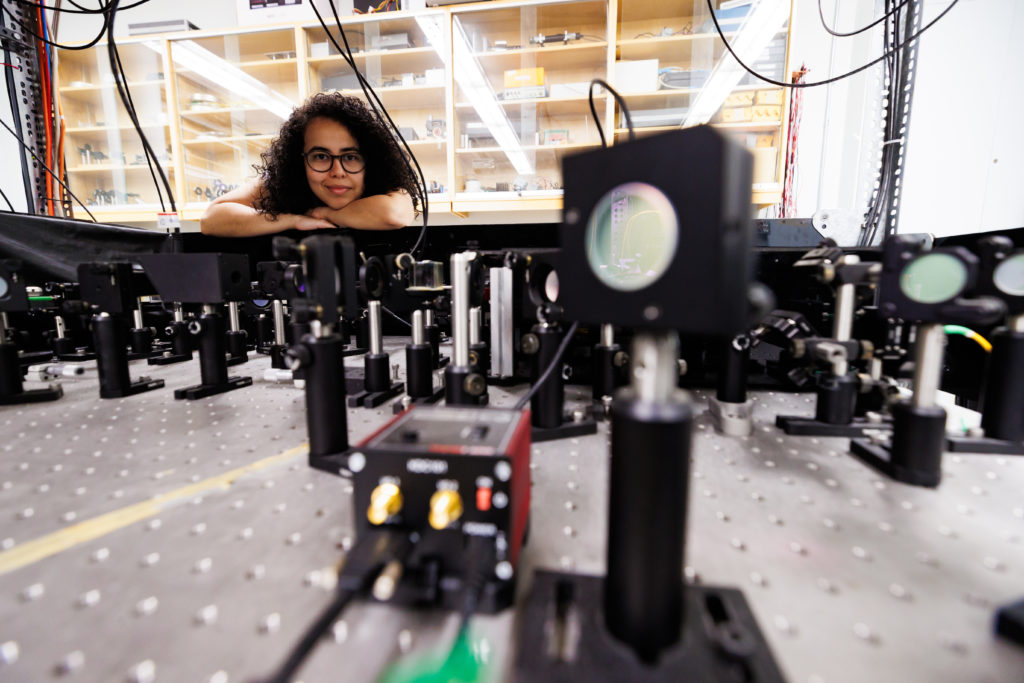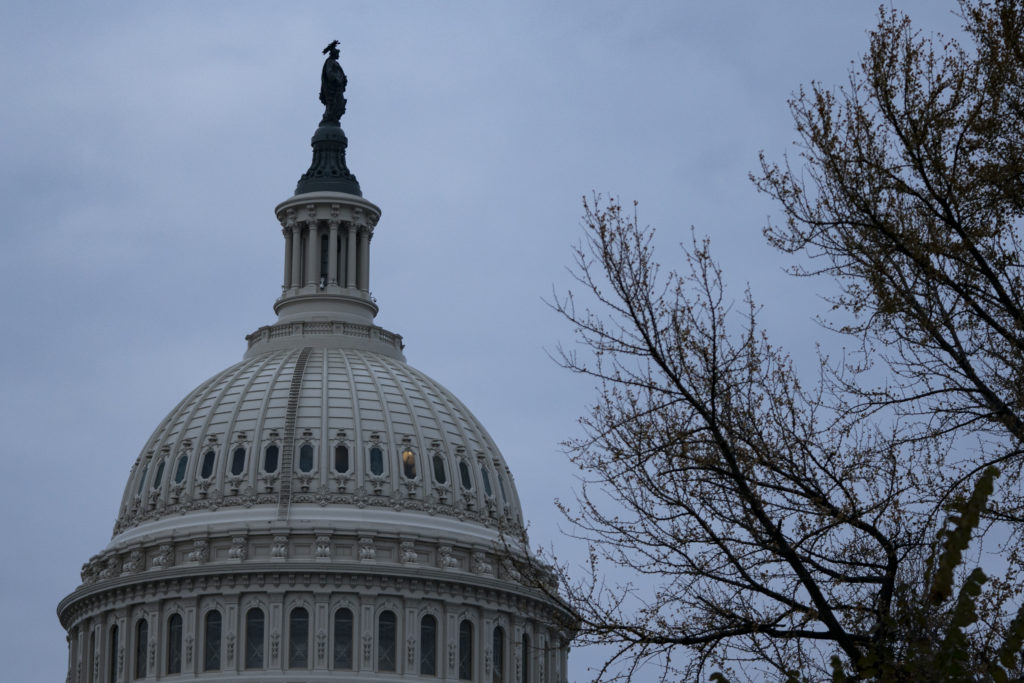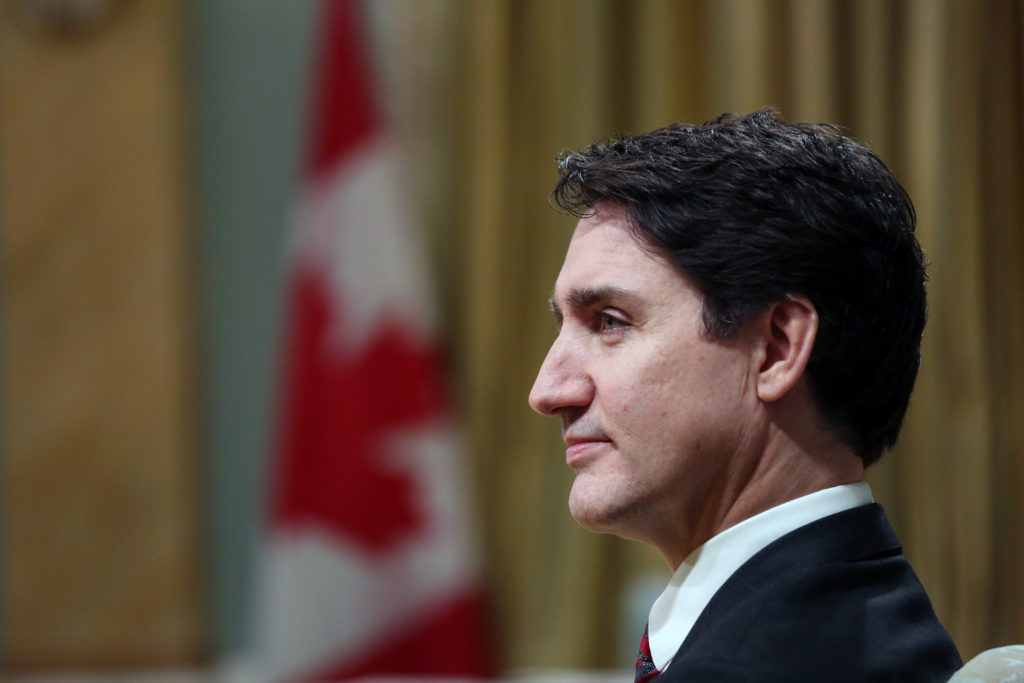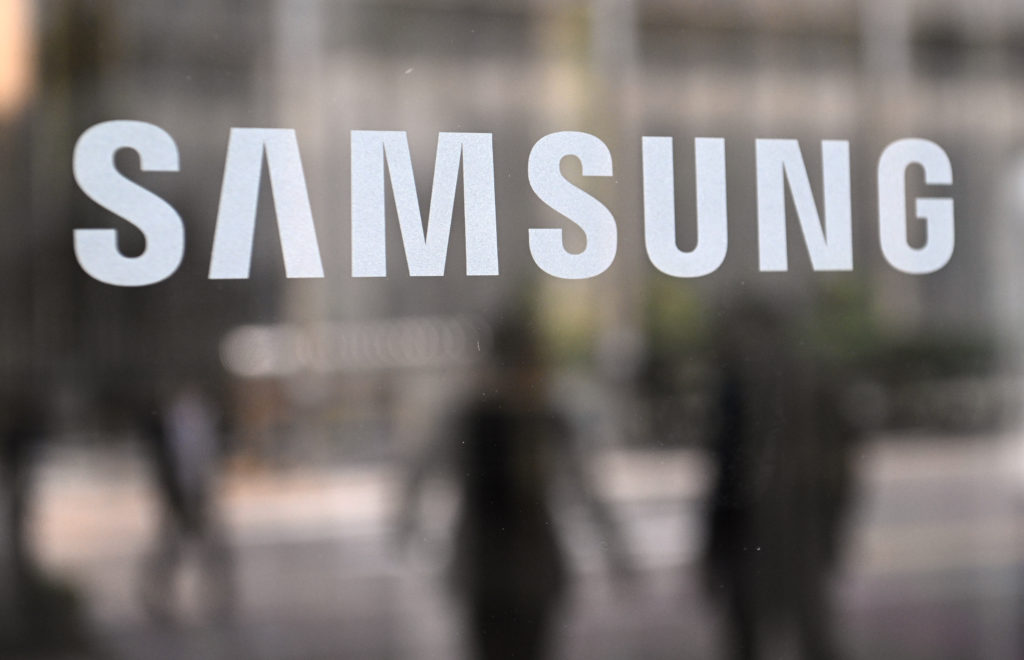Chinese President Xi Jinping and other top leaders said Monday they would adopt a more “relaxed” approach to monetary policy as they hashed out plans to boost the economy next year.The world’s second-largest economy is battling sluggish domestic consumption, a persistent crisis in the property sector and soaring government debt — all of which threaten Beijing’s official growth target for this year.Leaders are also eyeing the second term of Donald Trump in the White House, with the president-elect indicating he will reignite his hardball trade policies, fuelling fears of another standoff between the superpowers.On Monday, the Politburo, the country’s top decision-making body, “held a meeting to analyse and study the economic work of 2025″, state news agency Xinhua said.”We must vigorously boost consumption, improve investment efficiency, and comprehensively expand domestic demand,” Xinhua quoted officials as having said.”Next year we should… implement a more active fiscal policy and an appropriately relaxed monetary policy,” they added.Analysts at SG Markets said the shift represented the first of its kind since 2011.”The readout from the Politburo meeting… is striking all the right notes, with a few notably more dovish phrases and some unusually plainly straightforward pledges,” they wrote in a note.Another analyst said the shift “shows the government recognises the urgency of economic challenges China faces”.And the announcement of efforts to significantly boost consumption in the coming year represents “another positive signal”, wrote Zhang Zhiwei, President and Chief Economist of Pinpoint Asset Management, in a note.- Struggling to rebound -Beijing has unveiled a string of measures since September aimed at bolstering growth, including cutting interest rates, cancelling restrictions on homebuying and easing the debt burden on local governments.And in October, the central bank said it had cut two key interest rates to historic lows.But economists have warned that more direct fiscal stimulus aimed at shoring up domestic consumption is needed to restore full health in China’s economy as fears of a renewed trade war with the United States mount.Underscoring the continued sluggish consumption facing China, official data on Monday showed consumer price growth slowed last month.The consumer price index, a key measure of inflation, came in at 0.2 percent, down from 0.3 percent in October, the National Bureau of Statistics said.That was below the 0.4 percent forecast in a Bloomberg survey of economists.With meetings this week intended to set out broad approaches rather than specific policies, Ting Lu, Chief China Economist at Nomura, wrote in a note that “we expect little from the conference, despite some hyped market expectations”.”Due to the property meltdown, the fiscal crisis, and worsening tensions with the US, China’s economy is not in a normal downcycle, so it may take much more than the recent ‘bazooka’ stimulus package to truly reboot the economy,” wrote Ting.- ‘High pressure’ crackdown -Beijing’s leadership also said it would intensify an anti-corruption drive, calling for a “high-pressure posture in punishing” graft.Xi has overseen a wide-ranging campaign against official corruption since coming to power just over a decade ago, with critics saying it also serves as a way to purge political rivals.Recent efforts have focused on the military, with top official Miao Hua last month joining a host of high-ranking figures to be removed from their positions in just over a year.Officials on Monday pledged to “strengthen the mechanism for investigating and addressing unhealthy practices and corruption”.They also called for China to “deepen integrated efforts to rectify unhealthy practices and combat corruption”, according to state media.
Mon, 09 Dec 2024 09:32:46 GMT

